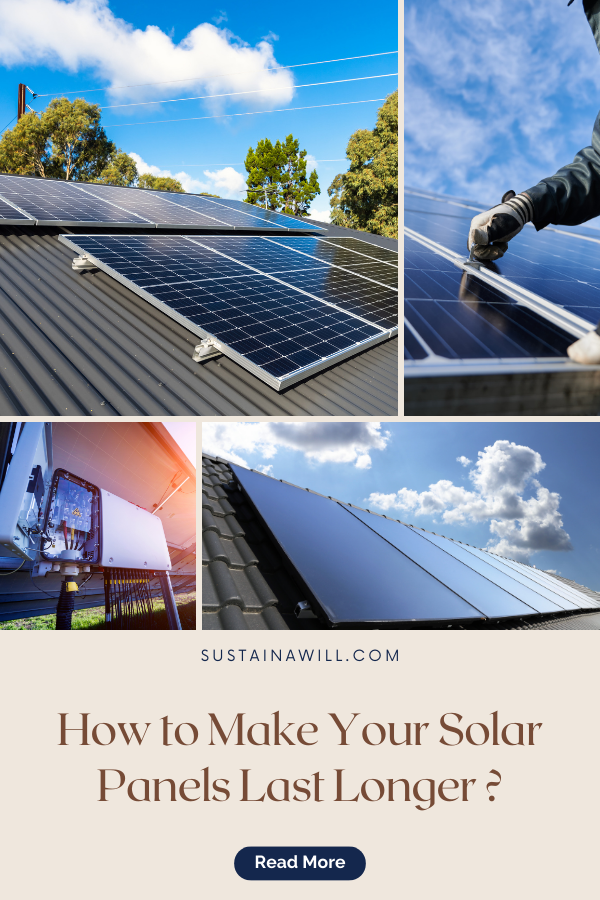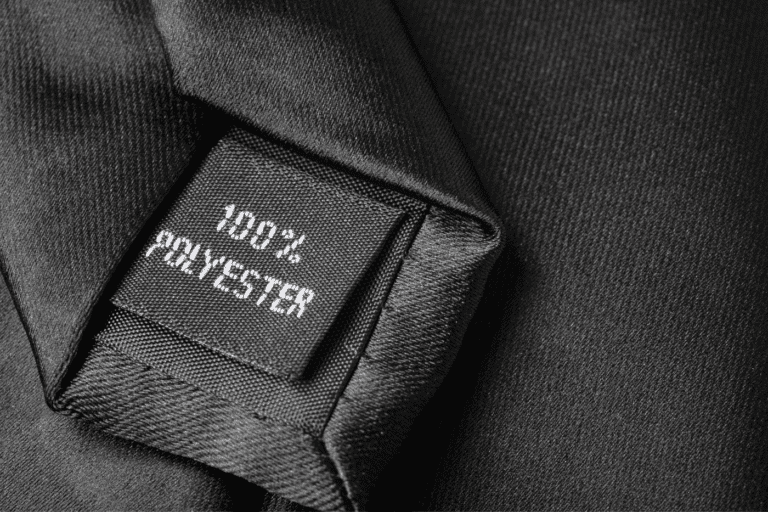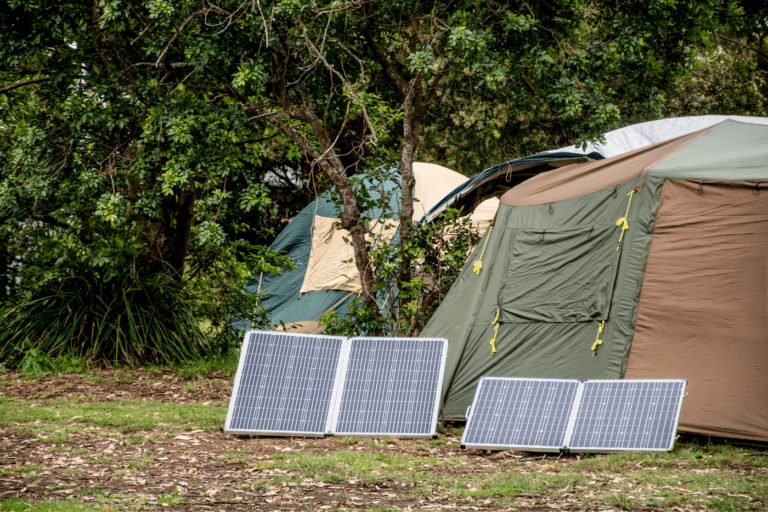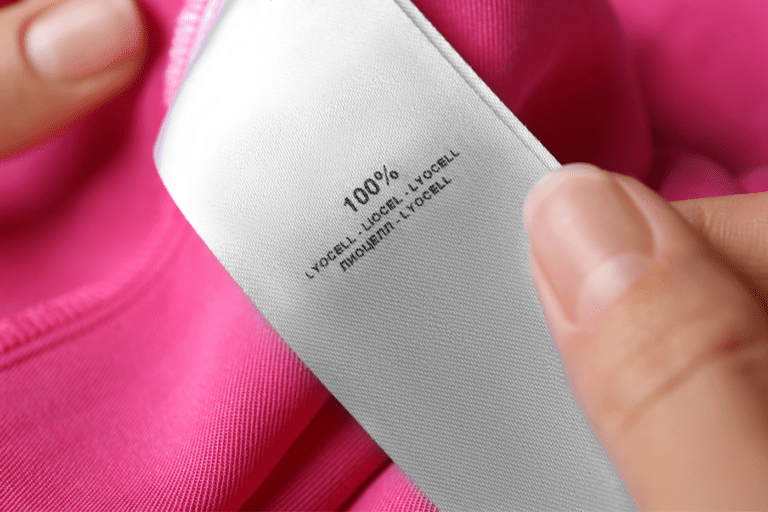So, you’ve made the wise decision to invest in solar panels for your home. But, like any valuable asset, your solar panels need a bit of TLC to ensure they stand the test of time and keep generating clean, sustainable energy.
If you’ve ever wondered how long solar panels last and how to make them last longer, then you are at the right place!
From addressing common concerns to providing practical tips, we’ve got you covered.
Let’s dive in and ensure your solar journey is not just a bright start but a long and enduring one.
How long do Solar Panels typically last?
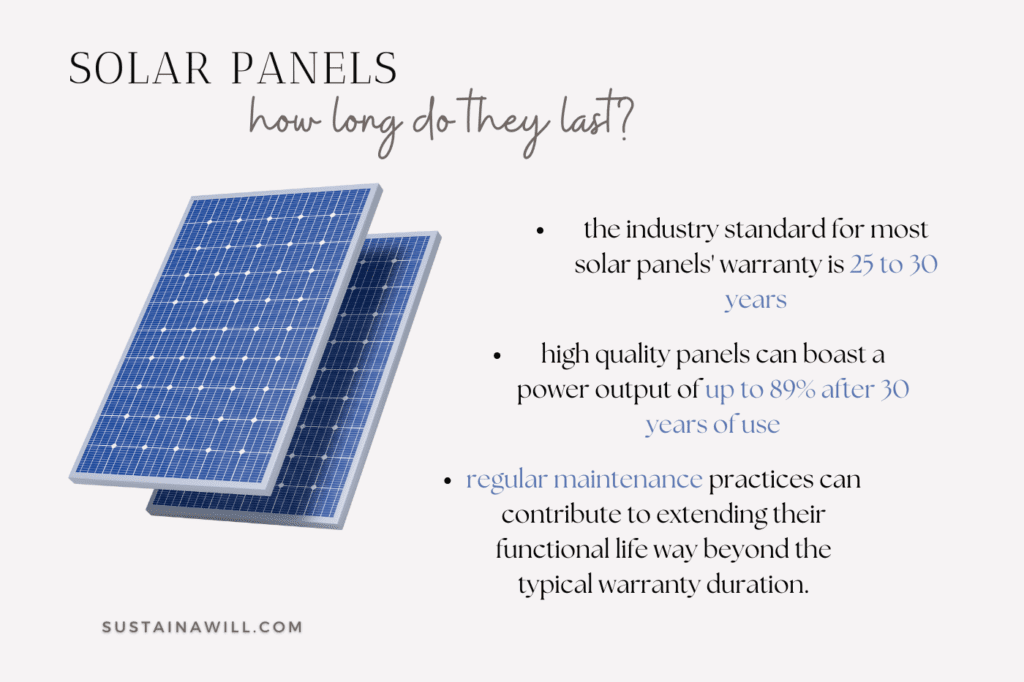
The industry standard for most solar panels’ lifespans is 25 to 30 years. Most reputable manufacturers offer production warranties for 25 years or more.
For instance, one of the industry giants, First Solar, offers a remarkable 30-Year Linear Performance Warranty.
This warranty guarantees an annual degradation rate of just 0.3%, ensuring that the panels maintain their efficiency up to 89% over three decades of use.
Why don’t solar panels last forever?
Solar panels, while exceptional in their efficiency, are subject to finite lifespans influenced by various factors:
- Material Degradation: Over time, the semiconductor materials within solar panels may experience degradation due to prolonged exposure to environmental elements, ultraviolet radiation, and thermal stress.
- Environmental Stresses: Solar panels face challenges from extreme weather conditions, such as hail and high winds, which can lead to physical damage and affect their overall performance.
- Thermal Considerations: Elevated temperatures can impact the efficiency and longevity of solar panels. The thermal cycling they undergo during day-night transitions contributes to the gradual wear and tear.
- Chemical Exposure: Depending on manufacturing processes and materials, solar panels may encounter chemicals that influence their degradation over the years.
- Technological Progress: The dynamic nature of the solar industry means continuous technological advancements. While beneficial for efficiency, it renders older panels comparatively outdated as newer, more efficient models emerge.
- Normal Wear and Tear: Similar to any technological asset, solar panels undergo normal wear and tear with extended use, affecting their performance over time.
Regular maintenance and vigilant monitoring are key to maximizing the operational life and efficiency of solar panels.
How efficient are solar panels after 5 years?

When it comes to the longevity of solar panels, the First Solar Series 6 photovoltaic offers valuable insights. First Solar, a prominent player in the industry, guarantees an impressive output efficiency of 96.8% after 5 years of use.
Looking further ahead, First Solar commits to an output efficiency of around 95% after 10 years. This demonstrates a minimal decline in efficiency over the first decade of use, reinforcing the reliability and enduring capability of these solar panels.
Can solar panels last 40 years?
Yes, solar panel systems have the potential to continue generating electricity beyond the typical 25-year warranty period, granted they receive proper maintenance.
It’s crucial to acknowledge that their efficiency in energy production will diminish over time compared to their initial installation. So, while solar panels are designed for long-term use, it’s realistic to anticipate a decline in their performance after the warranty period.
Regular maintenance practices can, however, contribute to extending their functional life, ensuring sustained electricity production for years waaaay beyond the warranty duration.
How long do solar inverters and batteries last?
Solar inverters typically have a lifespan that ranges from 10 to 25 years or even longer. However, it’s important to note that they can be replaced at a considerably lower cost compared to the initial installation.
This flexibility in replacement offers an opportunity to maintain optimal system performance over the years.
Batteries, on the other hand, have varying lifespans depending on the type and usage patterns. Generally, lithium-ion batteries commonly used in solar energy storage systems can last 10 to 20 years.
Again, replacement options are available, allowing homeowners to update their energy storage capabilities as technology advances.
Which solar panels last the longest?
Solar panels come in various types, each with its unique characteristics:
- Monocrystalline Panels: Constructed from single-crystal silicon, these panels are known for high efficiency and durability. They have the potential to last up to 40 years. as documented by the American Solar Energy Society
- Polycrystalline Panels: Made from multiple crystal structures, polycrystalline panels offer a cost-effective alternative. Their lifespan typically extends to around 35 years.
- Thin-Film Panels: Thin-film technology involves depositing a thin layer of semiconductor material on a substrate. While generally less efficient, thin-film panels are lightweight and known for their versatility. Their longevity contributes to the diverse options available for sustainable energy solutions.
What can affect a solar panel’s lifespan?
Several factors can influence the lifespan of a solar panel. Here are some key considerations:
- Quality of Materials: The materials used in manufacturing solar panels play a crucial role. High-quality materials, especially in the solar cells and encapsulation, contribute to longevity.
- Manufacturing Quality: The precision and quality of the manufacturing process impact the durability of solar panels. Panels from reputable manufacturers often adhere to stringent quality control standards.
- Type of Solar Panel: Different types of solar panels have varying lifespans. Monocrystalline panels, for example, are known for durability and can last longer than some other types.
- Environmental Conditions: The environment in which solar panels are installed matters. Extreme weather conditions, temperature fluctuations, and exposure to harsh elements can affect performance and longevity.
- Installation Quality: Proper installation by certified professionals ensures that panels are securely mounted and well-positioned for optimal sunlight exposure. Poor installation can lead to physical damage and reduced efficiency.
- Maintenance Practices: Regular maintenance, including cleaning and inspections, can contribute to the longevity of solar panels. Cleaning helps prevent dirt and debris buildup, while inspections can catch issues early.
- Temperature: Solar panels are sensitive to temperature changes. Prolonged exposure to high temperatures can cause some degradation over time, although reputable panels are designed to withstand such conditions.
- Shading: Shading, whether from nearby structures or vegetation, can impact a solar panel’s performance. Even partial shading on a small portion of a panel can reduce overall efficiency.
- Technological Advances: Advancements in solar technology may lead to improved materials and designs, making newer panels more durable and efficient.
- System Design and Inverter Longevity: The overall design of the solar energy system and the lifespan of the inverter can also affect the longevity of solar panels. Regular upgrades and maintenance of system components contribute to sustained performance.
Understanding these factors and choosing high-quality panels from reputable manufacturers can help ensure that solar panels have a longer and more effective lifespan.
Regular monitoring and maintenance are essential for maximizing the return on investment in a solar energy system.
How to make your Solar Panels last longer?
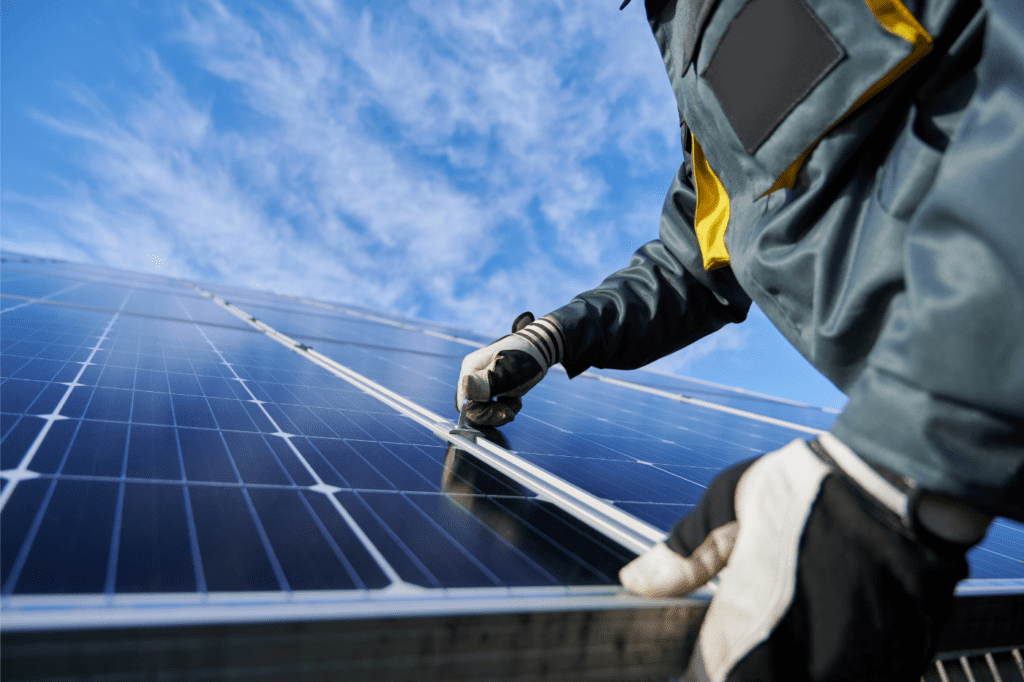
10 Amazing Tips
Ensuring the longevity of your solar panels requires careful maintenance and attention. Here are ten tips to help extend the lifespan of your solar energy system:
- Regular Cleaning: Keep the surface of your solar panels clean to prevent the buildup of dirt, dust, and debris. Regular cleaning ensures optimal sunlight absorption.
- Professional Inspections: Schedule periodic inspections by certified solar technicians to identify and address potential issues before they escalate.
- Monitor Performance: Use monitoring systems to keep track of your solar panel’s performance. Any deviations from the expected output can signal potential problems.
- Trim Nearby Vegetation: Ensure that trees and other vegetation near your solar panels are trimmed regularly to prevent shading and maximize sunlight exposure.
- Check for Physical Damage: Inspect your solar panels for any signs of physical damage, such as cracks or water ingress. Addressing these issues promptly can prevent further damage.
- Ensure Proper Installation: Make sure your solar panels are installed by qualified professionals to ensure proper positioning, secure mounting, and optimal wiring.
- Invest in Quality Inverters: High-quality inverters can contribute to the overall efficiency and longevity of your solar energy system. Regularly check and replace inverters as needed.
- Manage Temperature: While you can’t control external temperatures, ensuring proper ventilation around solar panels can help manage heat and prevent excessive wear.
- Update Technology: Consider technological upgrades when feasible. Newer solar panel technologies may offer improved efficiency and durability compared to older models.
- Adhere to Manufacturer Guidelines: Follow the maintenance guidelines provided by your solar panel manufacturer. Adhering to these recommendations can help you make informed decisions about care and maintenance.
By incorporating these tips into your solar panel maintenance routine, you can maximize the lifespan of your solar energy system and enjoy sustained energy production for years to come.
How to make Solar Batteries and Inverters last longer?
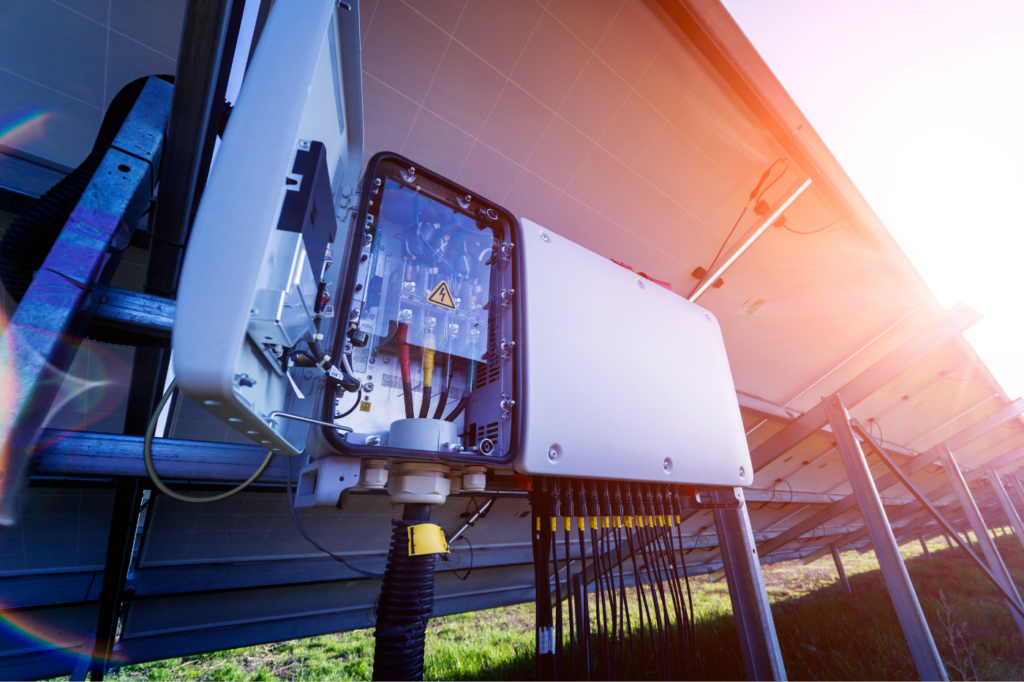
Extending the lifespan of solar batteries and inverters is essential for maximizing the efficiency and reliability of your solar energy system.
Here are ten tips to help make your solar batteries and inverters last longer:
- Proper Installation: Ensure that your solar batteries and inverters are installed by certified professionals. Proper installation is crucial for optimal performance and longevity.
- Temperature Control: Manage the temperature around your batteries and inverters. Excessive heat can accelerate wear and reduce efficiency. Consider proper ventilation and cooling solutions.
- Regular Monitoring: Use monitoring systems to keep track of the performance of your batteries and inverters. Any anomalies or deviations from expected behavior should be addressed promptly.
- Avoid Deep Discharges: Minimize deep discharges of your batteries, as they can contribute to faster degradation. Use energy management systems to optimize discharge levels.
- Scheduled Maintenance: Establish a routine maintenance schedule for your solar energy system. Regular checks for loose connections, corrosion, and any signs of wear are crucial.
- Update Firmware and Software: Keep your inverters’ firmware and software up to date. Manufacturers often release updates to improve performance and address potential issues.
- Quality Inverters and Batteries: Invest in high-quality inverters and batteries from reputable manufacturers. Quality components tend to have longer lifespans and better overall performance.
- Battery Charge Optimization: Optimize the charging cycles of your batteries. Overcharging or undercharging can impact battery health. Follow manufacturer recommendations for charging profiles.
- Protect Against Overloads: Install surge protectors and overcurrent devices to safeguard your inverters and batteries against electrical surges and overloads.
- Plan for Technological Upgrades: Keep an eye on technological advancements. Upgrading to newer battery or inverter technologies, when appropriate, can provide improved efficiency and features.
By incorporating these tips into your solar energy system management, you can enhance the longevity of your batteries and inverters, ensuring reliable energy storage and conversion for an extended period.
When are roof replacements required before getting Solar Panels?
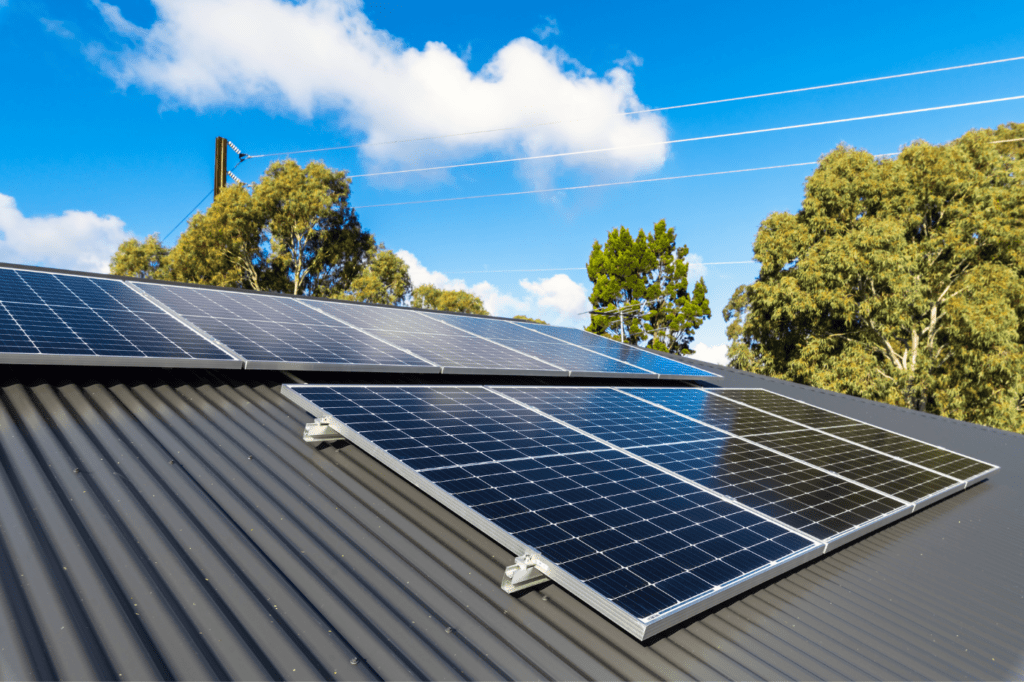
Roof replacements are typically required before installing solar panels under the following circumstances:
- Roof Age: If your roof is approaching the end of its expected lifespan, it’s advisable to consider a replacement before installing solar panels. Most roofs have a lifespan of 25 to 50 years, with composite shingle roofs tending toward the higher end and wood shingle or shake roofs on the lower end. Ensuring a solid foundation is crucial for the long-term stability of your solar energy system.
- Roof Condition: If your roof is in poor condition, with existing leaks, structural issues, or significant damage, it’s essential to address these issues before installing solar panels. Solar installations require a stable and secure surface to prevent any complications down the line.
- Incompatibility with Solar Racking System: Some roofing materials or structures may not be suitable for solar panel installations. If your roof type or design is incompatible with the chosen solar racking system, modifications or replacements may be necessary.
- Weight Considerations: Solar panels add weight to your roof. If your roof structure is not designed to support the additional load, it may be necessary to reinforce or replace the roof to accommodate the solar array safely.
- Warranty Requirements: Solar panel manufacturers and installers may have specific requirements regarding the condition of the roof. If your roof doesn’t meet these criteria, a replacement may be recommended to fulfill warranty obligations.
Before proceeding with a solar panel installation, it’s crucial to have a thorough inspection of your roof’s condition.
Consulting with a qualified roofing professional and a solar installer can help you assess the need for roof replacement and ensure a seamless and durable integration of solar panels into your home.
CONCLUSION
In wrapping up our guide on prolonging the life of your solar panels, here’s the essence: Your solar investment is not just for today but for a lasting green impact.
By adopting the practices outlined, you secure not only clean energy but a future-proof system!
